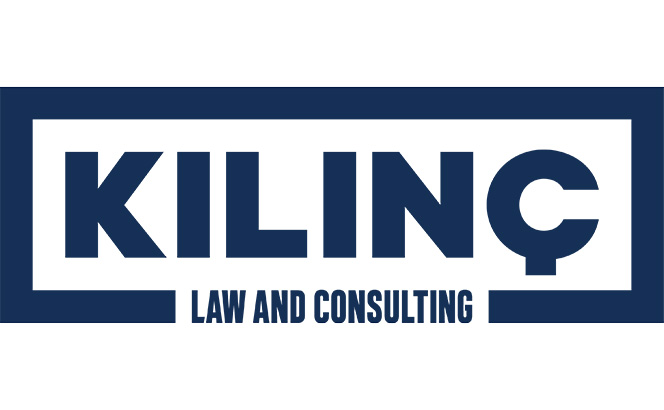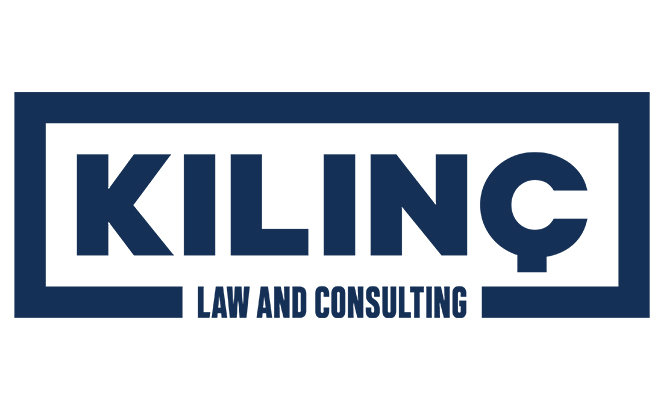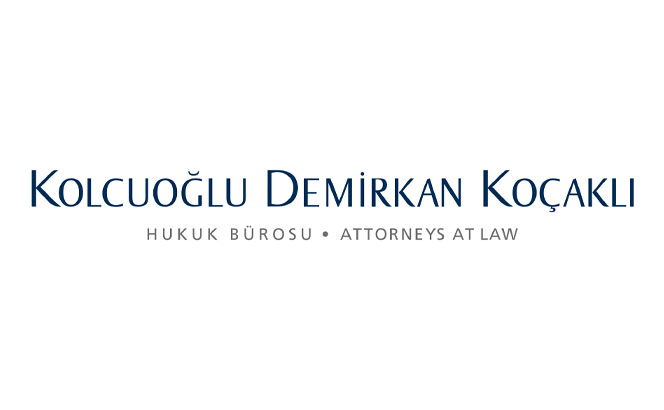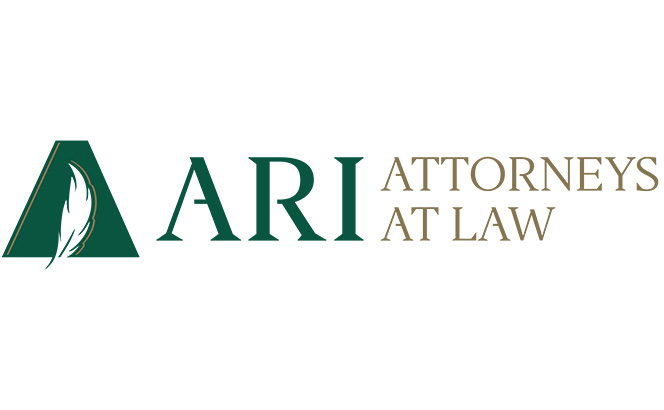
New and bold ideas often come from young people. We see the effect the new generations have on innovative technologies, especially due to the increase in digitalisation and the adaptation of the older generation to digital life being slower than the younger generation. Startups are on the minds of most of the young business people who think that their creative ideas cannot grow within the huge bureaucratic and cumbersome holdings and joint stock companies.
The startup, in words of famous entrepreneur Neil Blumenthal, is a term used for companies working to solve a problem where the solution is not obvious and success is not guaranteed. Since a not-so-distant past, we have often heard this term and have seen entrepreneurs’ success and failure stories. The number of entrepreneurs who do not want to be a part of corporate culture, who have new and extraordinary ideas and who adopt a flexible working culture is rapidly increasing. When it comes to startups, success, investment, growth and earnings are on one side of the coin; whereas the other side holds the problems of the crawling period, financial difficulties and the difficulty of finding investment. Perhaps even those of you who are reading this article have or have had a successful or unfortunate startup adventure. Not everyone who touches, nurtures and feeds on the startup ecosystem is immune to the difficulties experienced in that painful birth and crawling process of a startup. Perhaps one of the most challenging of these difficulties is the problem of financing. While some entrepreneurs in Turkey benefit from sources such as KOSGEB or TÜBİTAK funds or micro-loans, some of them are knocking on venture capital companies’ and angel investors’ doors to solve the financing problem that can determine the fate of a startup. Apart from these, another source of financing frequently used is the savings that the entrepreneur has made up to that day or the financial support they received from family, relatives and friends.








